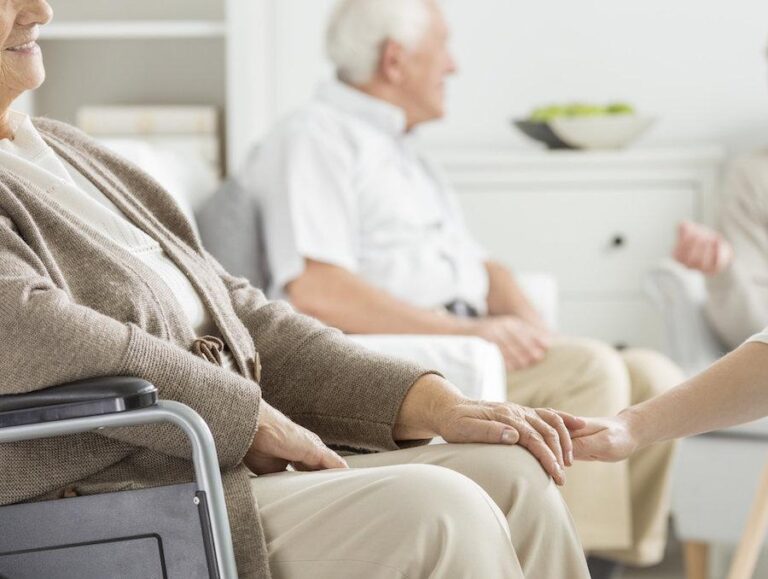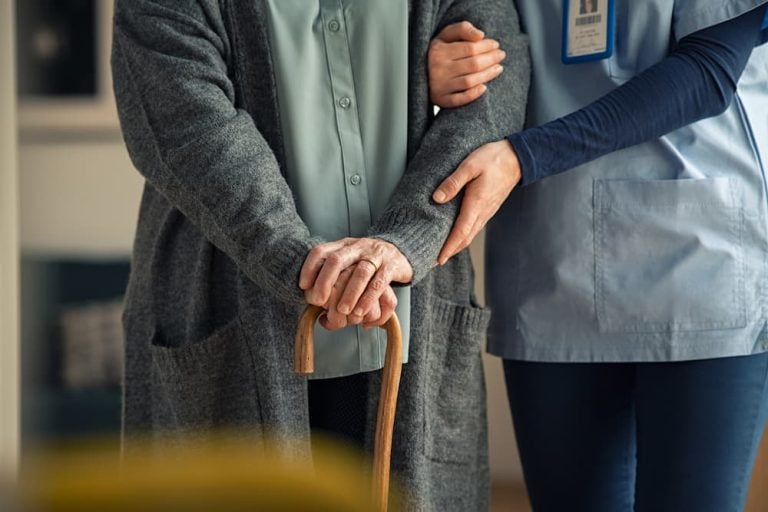Many of us have relatives and loved ones in nursing homes, and we trust they are being well cared for. Most of the time, nursing homes provide necessary resources, support, and medical attention for our family members. But unfortunately, some institutions fail to provide the proper level of care, which can lead to instances of elder abuse.
To help you identify when something is amiss at your loved one’s care facility, our elder abuse lawyers in Colorado have assembled a list of the signs of elder abuse we see most often.
Types of Elder Abuse and Warning Signs
While most people only think of physical abuse, there are various types of abuse that residents of nursing homes can suffer that leave no physical traces. Some of the most common types of abuse and their signifiers include:
Physical Abuse
Physical abuse consists of physical force or violence on another that results in bodily injury, pain, or impairment. Perpetrators of this type of abuse are often family members or significant others, typically with substance abuse issues. However, physical abuse can also occur at a nursing home.
Signs of physical abuse include:
- Sprains, dislocations, fractures, or broken bones
- Cigarette burns or other burns
- Abrasions on arms, legs, or torso that look like rope or strap marks
- Internal injuries
- Bruises (many bruises are not the result of accidents, such as bilateral bruising or bruising around the thighs or genitalia)
Sexual Abuse
By definition, sexual elder abuse is any unwanted touching or non-consensual sexual act with an elderly person. Any sexual contact with an elderly resident who suffers from dementia or is incapacitated and cannot give consent is also considered elder abuse.
Common signs of sexual abuse include:
- Unexplained STDs
- Unexplained genital infections
- Anal or vaginal bleeding
- Bruises on genitals, breasts, or buttocks
- Bloody, torn, or stained underwear
- Reports of sexual abuse by the elder
Emotional or Psychological Abuse
Emotional or psychological elder abuse is when a caregiver causes emotional pain or stress to an individual. This may include insulting, threatening, humiliating, terrorizing, or harassing the elderly person. It may also include the caregiver ignoring the person or isolating the individual from family and friends.
Signs of emotional elder abuse include:
- Low self-esteem
- Avoiding eye contact or not talking openly
- An anxious, shy, depressed, or withdrawn demeanor
- Desire to hurt oneself or someone else
- Sudden changes in eating or sleeping patterns and/or mood
Financial Abuse/Exploitation
When you think of the elder abuse definition, you probably don’t think of financial exploitation. It’s one of the easiest to forget, and sadly, one of the most common types of exploitation.
Financial elder abuse tends to be carried out by family members, close friends, and even trusted caregivers who are in a position of power over the elderly individual.
Signs of financial exploitation include:
- Unexplained withdrawals from accounts
- Sudden changes to wills and inheritance documents
Neglect
More commonly, when we think of neglect, we think of a caregiver’s neglect. This tends to occur in nursing homes where the staff is stretched thin and unable to meet the needs of every resident. Additionally, neglect can be self-inflicted. In both of these cases, the duty of care falls to the nursing home as they have been charged with keeping residents healthy.
Common signs of neglect include:
- Bedsores
- Dehydration
- Unexplained illnesses
- Frequent infections
- Rapid weight loss
- Muscle atrophy
- Self-urination/defecation
- Re-wearing soiled outfits
- Poor hygiene
What to Do If You Notice Signs of Elder Abuse at a Nursing Home
If you suspect that your loved one is being abused at a nursing home, you should speak with them privately. Ask if they are being abused, and reassure them that you will quickly remove them from any abusive environment. Should your relative deny the abuse, but you suspect the denial was coerced, report your suspicions to your local Adult Protection Services agency.
If your relative claims they are being abused, remove them from the care facility as quickly as possible. You may need to call the police if there is imminent danger.
After removing them from the care facility, call a nursing home abuse lawyer in Colorado. These attorneys will evaluate the signs of elder abuse that you observed and build a case against the nursing home.
Call McDivitt Law to Hold Abusive Nursing Homes Accountable
If you or a loved one has been a victim of elder abuse, or if you suspect abuse or neglect, contact the experienced attorneys at McDivitt Law Firm toll-free at (877) 846-4878. Our lawyers have the knowledge, experience, and resources necessary to help you win compensation that can aid your loved one’s recovery.
Click the button below to schedule your free consultation today.


